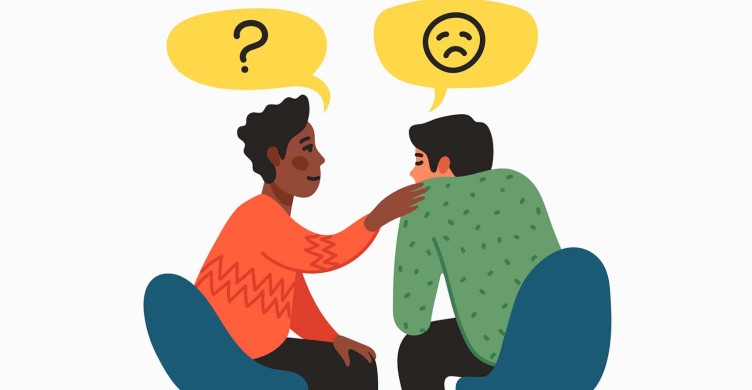
AI and Empathy: The Future of Human-Machine Interactions
I recently saw this job post for an Empathy Annotator:
https://www.linkedin.com/jobs/view/3726958446
“You will learn to systematically identify elements that embody an empathic response using an evidence-based qualitative labeling system. In short, you will contribute to the core technology of our product – defining empathy.
This will involve:
– Attend training online to learn what makes conversations empathic
– Label interesting conversations to identify moments of empathy
– Ask questions, observe commentary, and communicate regularly with your team and the rest of the company on Slack
– Maintain reliability (in the statistical sense) with a current empathy labeling team”
AI is revolutionizing the way we understand and express empathy. As technology advances, AI models are becoming adept at detecting and replicating human emotions, potentially transforming various sectors from healthcare to customer service. Here’s a closer look at the implications of this technological evolution:
- The Rise of Empathetic AI: AI models, trained on vast amounts of voice, text, and video data, can now detect and even mimic emotions like empathy. These models can sometimes outperform humans in recognizing and expressing empathy, leading to improved interactions in customer service, human resources, and mental health sectors.
- Applications in Business: Companies like Cox Communications and use AI to gauge the empathy levels of call-center agents for performance reviews platforms, assist doctors and therapists in crafting empathetic responses to patients.
- AI in Everyday Interactions: AI-generated scripts are becoming commonplace, making it challenging to discern if a human or machine is responding during interactions.
- Potential Benefits: AI can enhance customer service by providing thoughtful suggestions, leading to increased sales and customer satisfaction AI driven therapist bots could address the shortage of mental health professionals, offering care to those without access.
- AI’s Superior Socio-Emotional Learning: AI can surpass humans in socio-emotional learning by integrating knowledge from top psychologists worldwide.
- Ethical Concerns: There’s a debate about the ethics of using AI, which lacks human experiences, to interpret emotional states. Relying on AI for empathy might lead to the degradation of genuine human empathetic skills.
- Understanding AI Empathy: AI can achieve “cognitive empathy” by recognizing and responding based on its training data. However, it lacks “emotional empathy,” the genuine concern stemming from internalizing another’s emotions.
- Applications in Mental Health: AI trained in structured therapy methods can assist with various issues, from depression to substance abuse. Studies have shown that AI can enhance empathy when paired with humans, leading to more empathetic responses.
- Applications in Business and Education: AI tools can track emotional cues during virtual meetings, helping hosts gauge participant engagement. Such technology could be extended to virtual classrooms and entertainment for audience testing.
- AI in Human Resources:
- AI is increasingly being used for performance reviews and recruiting.
- Some companies evaluate recruiters, based on the empathy exhibited during job interviews, correlating higher empathy with increased job acceptance rates.
Key Takeaways:
AI is becoming a pivotal tool in understanding and expressing empathy.
Its applications span various sectors, from healthcare to business.
While AI offers numerous benefits, it also raises ethical concerns about genuine human interactions and the potential degradation of human empathetic skills.
